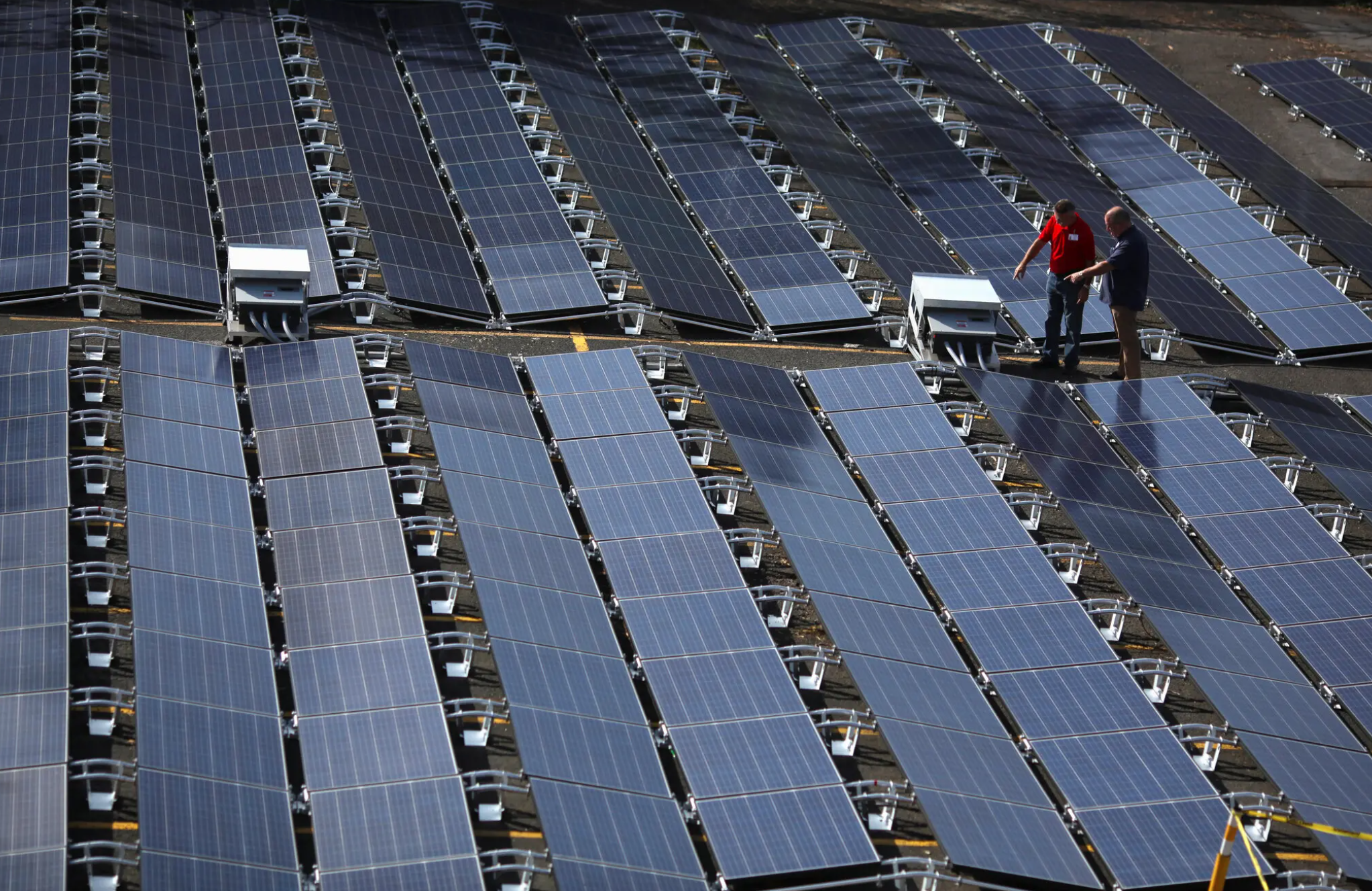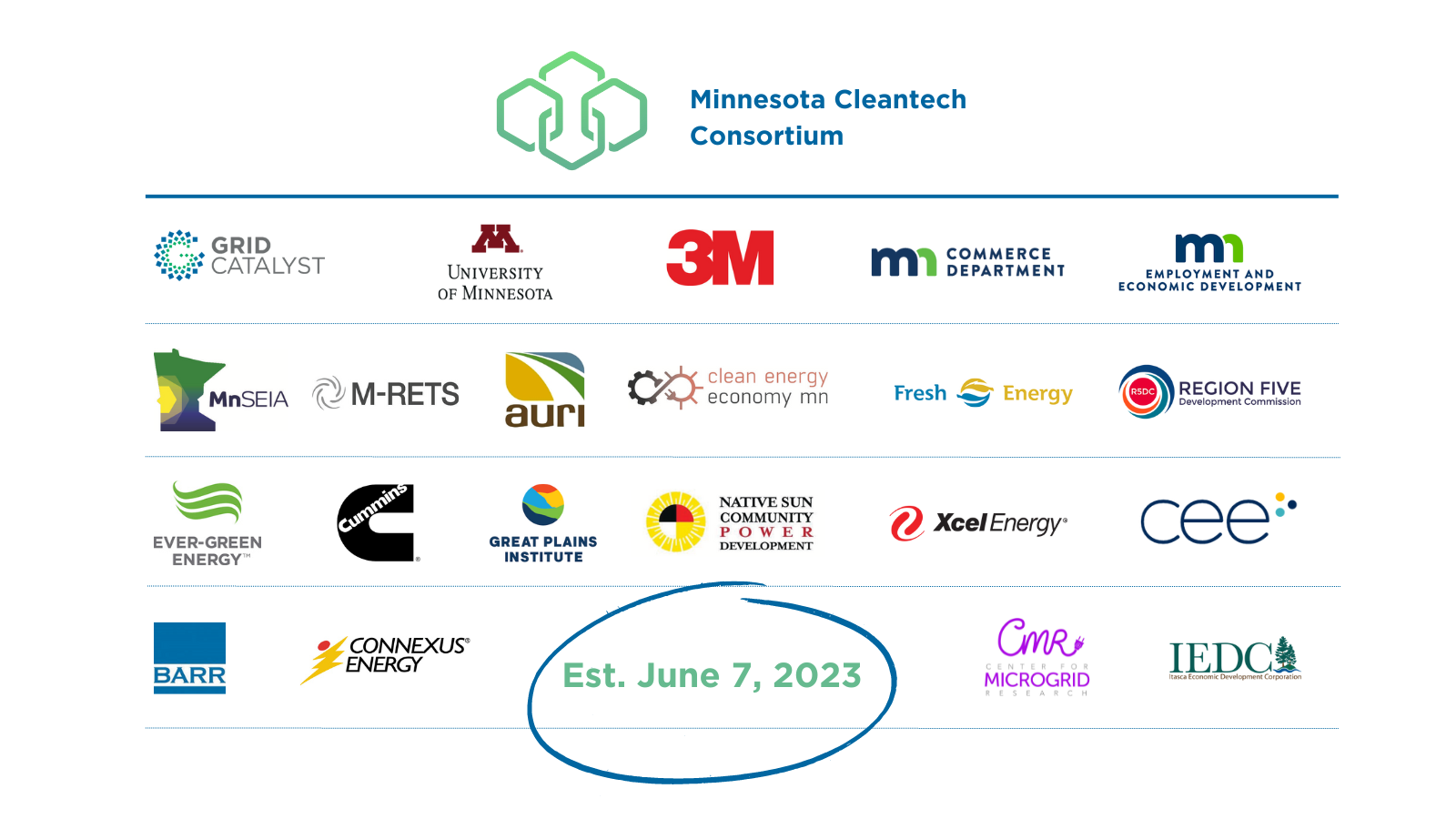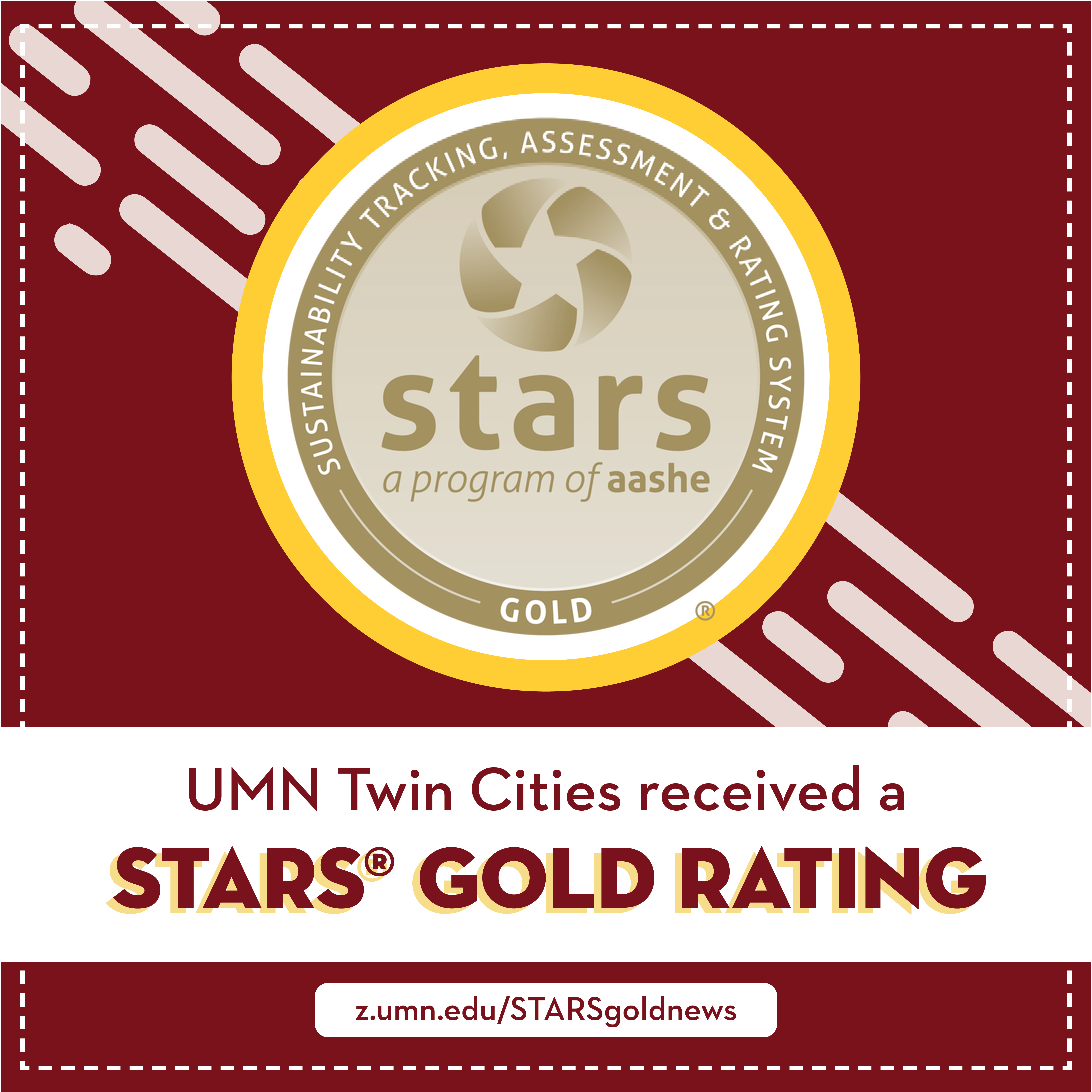
U.S. to Pay to Add Solar Panels to Hospitals & Schools After Disasters
The Federal Emergency Management Agency (FEMA) is aiming to make public buildings like hospitals and schools more resilient against future disasters by paying to install solar panels when they are rebuilt. The agency will reimburse 75% of rebuilding costs, including solar infrastructure, thanks to legislation from the 2022 Inflation Reduction Act.
“If you’re installing solar panels, you are creating more energy independence,” Deanne Criswell, FEMA’s administrator, said in an interview.
Energy independence will become increasingly important as frequency of natural disasters increases as a result of climate change, especially as insurers are withdrawing from high risk areas.


